
Team of Rivals
The Political Genius of Abraham Lincoln
First Edition: 2005 more...
Reprinted by permission of Simon & Schuster, Inc.
ISBN: 9781451688092
Pages: 944
Recommendation
If you saw the Steven Spielberg movie Lincoln, you might have wondered who all those other guys were. Get ready to find out. Before Daniel Day-Lewis won his Academy Award, bookshelves sagged under the weight of Doris Kearns Goodwin’s fast-paced, fascinating, 900-plus pages, take on Abraham Lincoln and the three men he took with him to power during America’s greatest struggle. You’ll meet Secretary of State William H. Seward, who lost the Republican nomination to Lincoln but became one of his closest friends; the endlessly plotting Salmon P. Chase, Treasury secretary and presidential wannabe; and Lincoln’s placid attorney general, Edward Bates, among other fascinating characters. You may even get more detail than you want: The book explores the four principals’ childhoods, youths and early careers before it even ventures into the 1860 election and the US Civil War. In fact, the plot of the Spielberg film – passing the Thirteenth Amendment to the Constitution – doesn’t even kick in until well past page 600. But getAbstract thinks history lovers can’t go wrong here. Hours spent with Lincoln, America’s master politician, are never wasted. You’ll marvel at his tact, intelligence, patience and all the other qualities that made him one of the US’s greatest presidents.
Summary
About the Author
Doris Kearns Goodwin is the Pulitzer Prize-winning author of the best-selling biographies No Ordinary Time: Franklin and Eleanor Roosevelt and Lyndon Johnson and the American Dream.









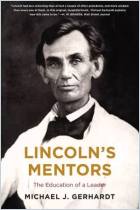
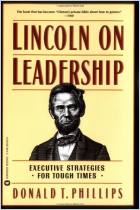
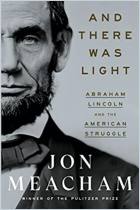
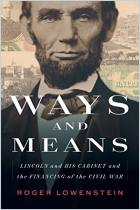
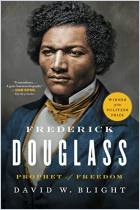
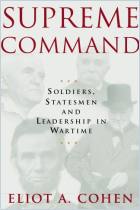




Comment on this summary